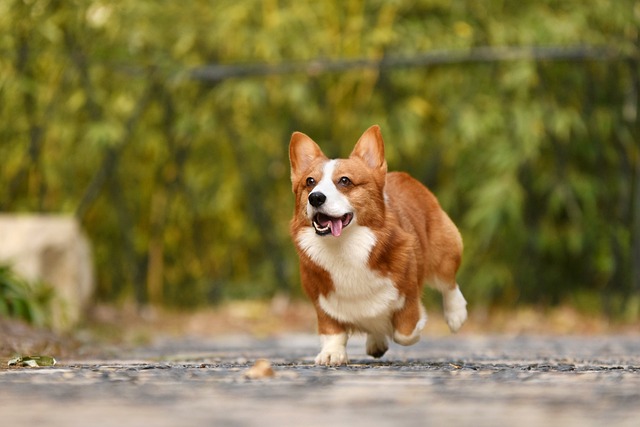
What is the hardest month with a puppy
If you’re in the thick of puppyhood feeling sleep-deprived and wondering if you’ve made a terrible mistake, you’re not alone.
Finding that your newly adopted adult dog has had an accident indoors can be disappointing, but remember—housetraining isn’t just for puppies. Whether your dog missed early training or developed bad habits, adults can absolutely learn new bathroom routines. In fact, their greater bladder control and ability to focus often make the process smoother than with puppies, provided you use the right methods.
Adult dogs may have accidents due to incomplete prior training, stress, medical issues, or simply not understanding your household rules. The training principle remains the same: reinforce desired behavior through positive association. Unlike puppies, adults can typically "hold it" longer, but they may also have ingrained habits that take patience to change. The process relies on classical conditioning—creating positive associations with eliminating in the right spot. This is why punishment (like rubbing their nose in accidents) is not only culturally unacceptable but scientifically flawed; it creates fear and confusion, often leading to hidden accidents and eroded trust. Instead, focus on rewarding success and managing the environment to prevent mistakes.
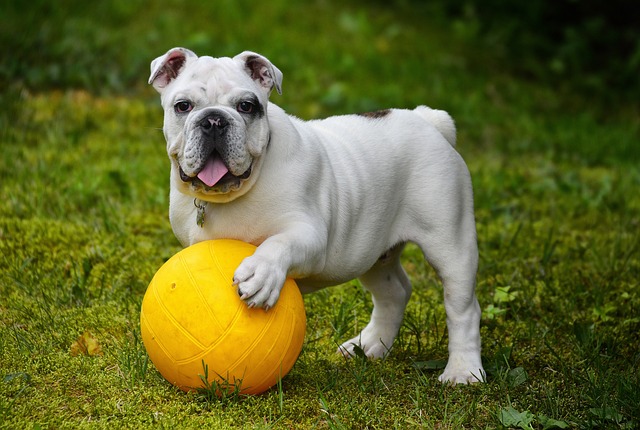
Start by ruling out medical issues with a veterinarian, especially if your dog was previously reliable. Then implement a strict schedule: take your dog out first thing in the morning, after meals, after play, and every 4-6 hours. Use a consistent phrase like "let's go potty" during elimination, then reward immediately with high-value treats and praise. For apartment dwellers, establish a clear routine for elevator trips or stair descents to avoid urgency. Confine your dog to a small area or use a leash indoors when you can't actively supervise—this prevents accidents and helps build control. Clean all accidents thoroughly with enzymatic cleaners to remove scent markers that might attract repeat offenses.
Your training efforts connect to broader responsibilities. Ensure your dog's vaccinations and licenses are current as required by local laws—this is especially important for rescue dogs with unknown medical histories. When your dog eliminates outdoors, always carry waste bags and clean up immediately; this is both a legal requirement and essential courtesy in most municipalities. Be particularly considerate in multi-unit buildings where accidents in hallways or elevators create health and nuisance issues. If your dog has anxiety-related accidents, consult a veterinarian or behaviorist rather than attempting to solve it through training alone. Remember that consistency and patience—not punishment—create reliable habits, transforming your dog into a trusted household member who understands and follows your home's rules.

If you’re in the thick of puppyhood feeling sleep-deprived and wondering if you’ve made a terrible mistake, you’re not alone.
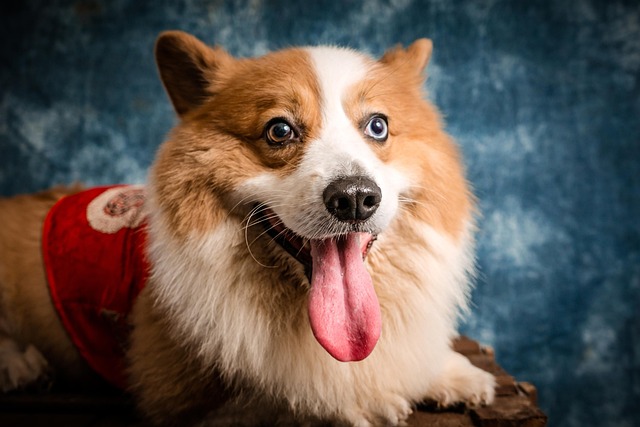
That magical period when your puppy seems curious about everything isn’t just a cute phase—it’s a critical developmental window that will shape their personality forever.
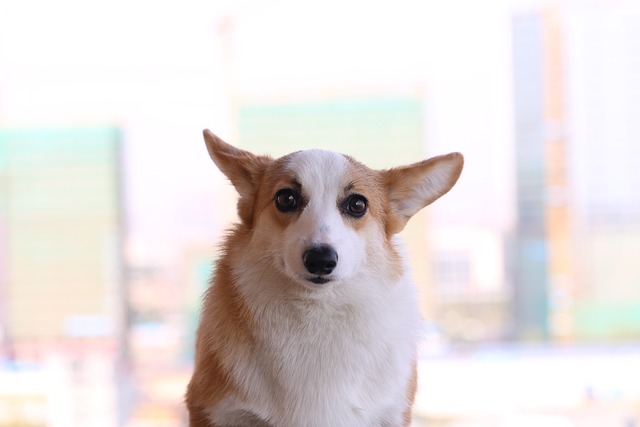
The moment you bring your new puppy home, the countdown to house training begins. You might have heard about using a bell as a clever communication tool
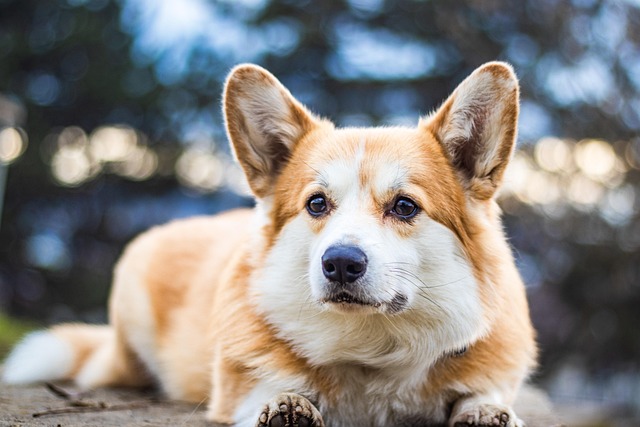
That frantic whining or scratching at the door is a familiar sign to every new puppy owner—your pup needs to go, but they’re struggling to tell you.
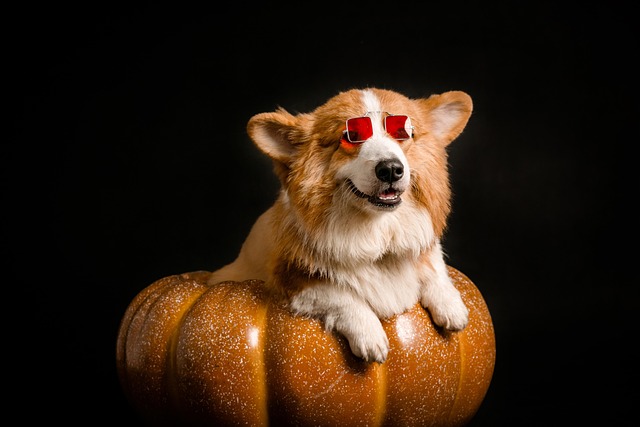
Standing in a crowded park while your dog tugs at the leash to chase a squirrel isn’t just frustrating—it can also break local leash laws.
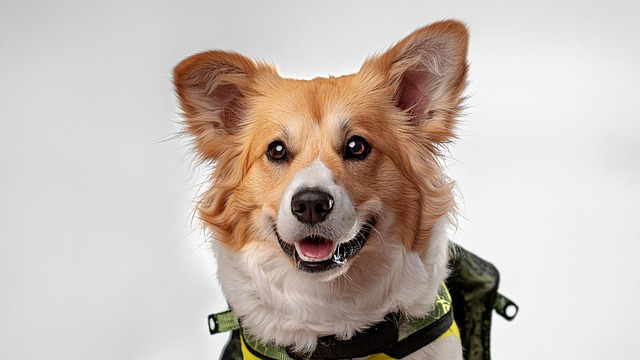
Those sharp little puppy teeth on your hands can make playtime feel more like a shark attack. It’s a universal experience for new puppy owners